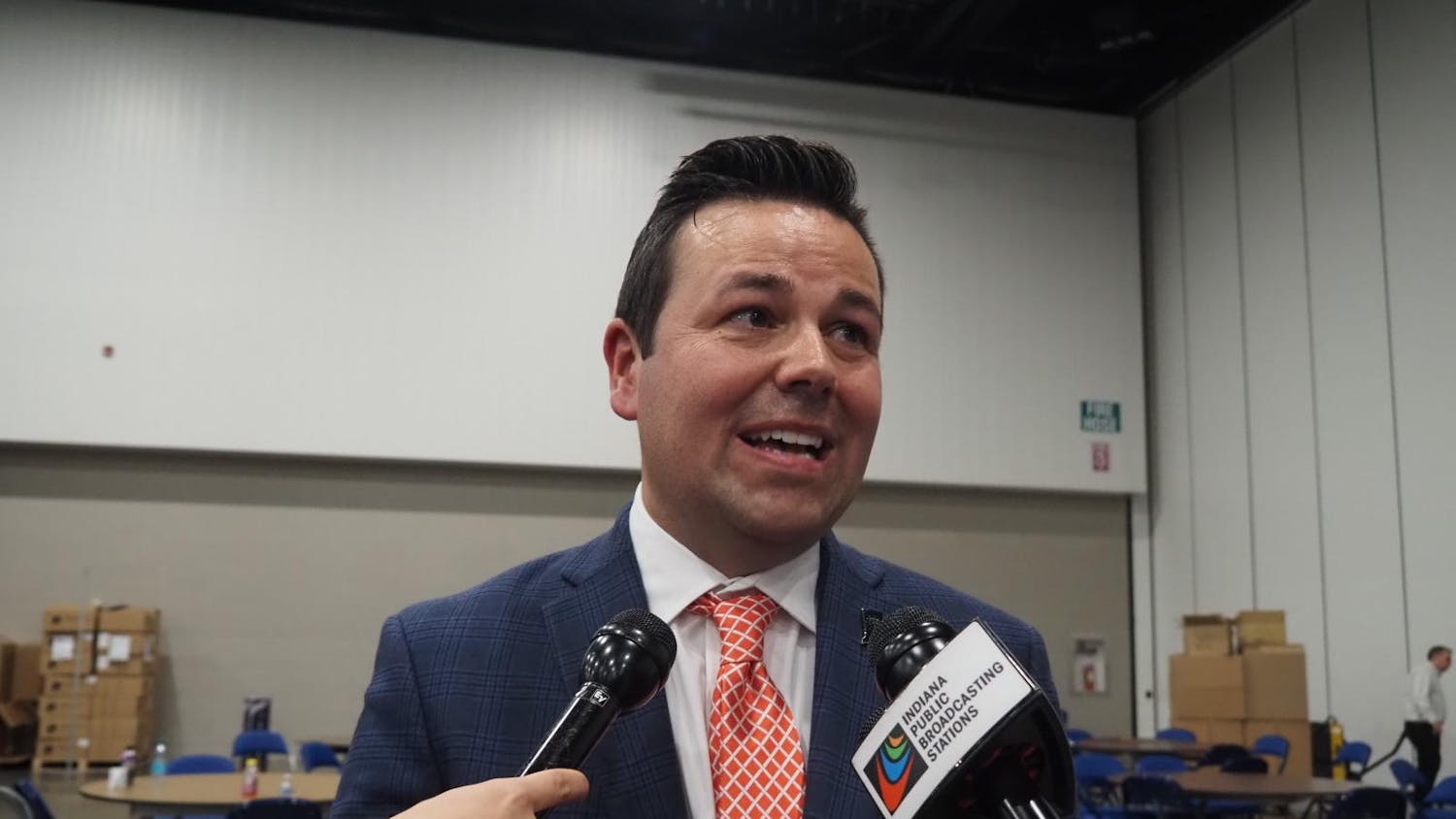The blues will be all over Bloomington this weekend.\nSunday evening, blues musicians Calvin Jones, Chris Thomas King, Willie Smith and The Muddy Waters Tribute Band featuring guitarists "Steady Rollin'" Bob Margolin and Luther "Guitar Jr." Johnson and harmonica player Jerry Portnoy will play the IU Auditorium with the All Over Blues Fest. \nMargolin says he is fascinated by the depth of the blues, which has motivated him to study and perform the blues for the past 30 years.\n"You can dig all your life and never get to the bottom of it," Margolin says, who is one of the six band members who played with the legendary Muddy Waters. \nThe group was nominated for a Grammy in 1996 for their release You're Going to Miss Me (When I'm Dead and Gone).\nThe tour was booked last year when the economy was better, but the band members have been pleasantly surprised by the turn-outs they've received so far. \n"I think people want to get away from all the bad news and just recharge," Margolin says.\nThe tour is a way of doing just that. The blues isn't typically considered mainstream, yet most of the tour's shows are at colleges and universities around the country. \n"Mostly, college students don't go off the beaten path," Margolin says, "but the blues is something that's starting to catch on with the younger audiences."\nProfessor David Hertz says he considers the blues to be endearing because of "the tremendous variety you can get out of the simple forms."\nThe blues are composed largely in 12-bar phrases, and these phrases generally don't have more than three chords. But the blues "transcends its simplicity," sophomore Efrem Oshinsky says.\nYet it seems it is this beautiful simplicity that keeps the blues from becoming widely popular in modern society. Many songs all over the radio are doctored up by remixing, but the blues are not -- the blues are a come-as-you-are style. Oshinsky says young people are not turning on their radios to hear blues because the form is unlike what they are accustomed to hearing. \nSo what about the music is so appealing to some? \n"I suppose in part it would be the tradition," Oshinsky says.\nThe blues' strong history can be traced back as far as plantation slaves in the 1800s. And blues recordings have been popular since the 1920s.\n"The only real problem with the blues is that most of the people who are good at it are dead," Oshinsky says. \nMany of the great blues legends have passed away, but that does not mean the blues are dead. Case in point: King will be co-headlining the festival. King played the character Tommy Johnson in the Cohen brothers' film "O Brother, Where Art Thou?" and has done unique things with to trademark his musical style, such as adding elements of hip-hop in an attempt to make it a more contemporary sound.\nDespite the lack of radio play the blues receives, Hertz says it is in no way a dying art.\n"The blues is permanently stamped in the American consciousness," Hertz says. \nPop music is full of elements taken from the blues, especially pop/rock. Products and services such as Viagra and automobile insurance have commercials featuring blues songs. Car companies use the blues music in the background to make their SUVs seem more rugged. People hear the blues everyday and might not even realize it. So whether it is traditional or modern blues, the musical form has not disappeared from our lives.\n"It's a deep, soulful music," Margolin says. "It touches my emotions and gives me a chance to interact with other people who feel the same way." \nThis is the subtle beauty of the blues -- it is a universal form of expression, artists say. \n"The best thing about it is it really brings people together," Margolin says. "It's inclusive rather than exclusive"
Legendary musicians come to Auditorium
The Muddy Waters Tribute Band
Get stories like this in your inbox
Subscribe





